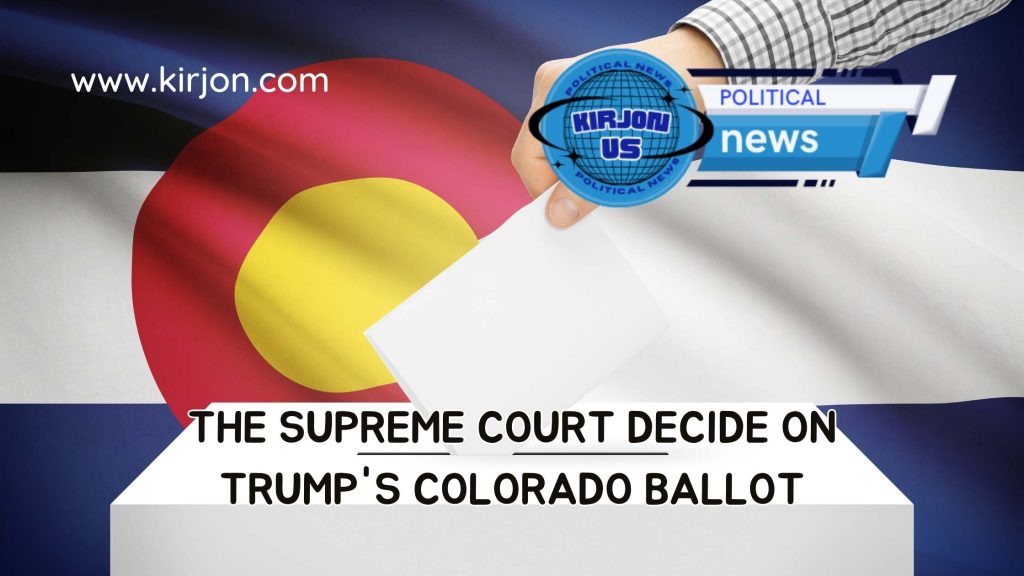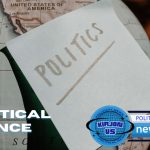In a legal showdown of unprecedented magnitude, the Colorado Supreme Court’s recent ruling barring former President Donald J. Trump from the state’s Republican primary ballot has thrust the matter into the spotlight of the nation’s highest judicial authority. With the Supreme Court’s impending deliberation, slated for February 8, the fate of Trump’s candidacy not only in Colorado but potentially in the broader context of the 2024 presidential election hangs in the balance, marking a pivotal moment in American political history.
Navigating Legal Complexity: The Trump Candidacy Under Scrutiny
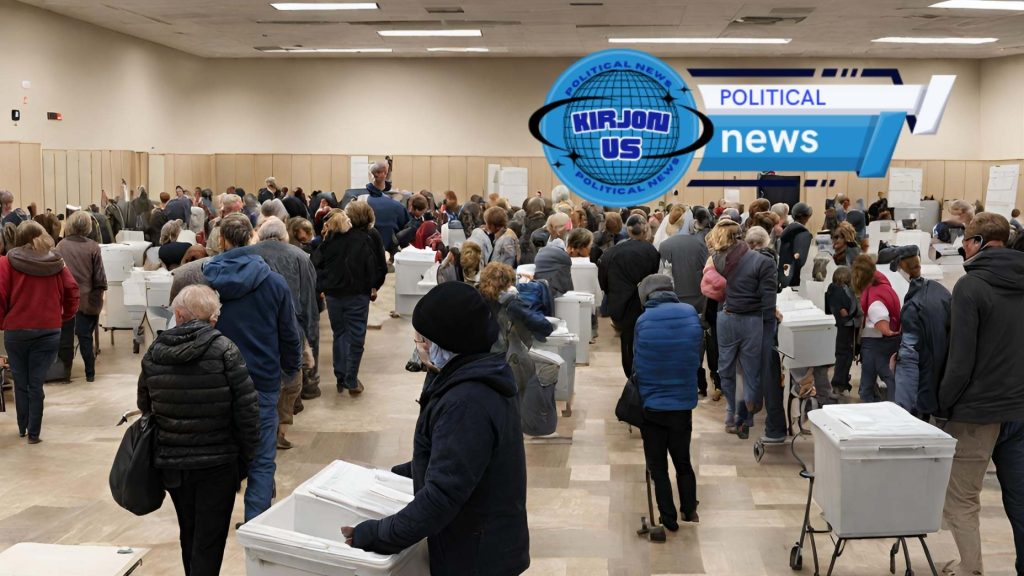
The heart of the legal conundrum lies in the interpretation of Section 3 of the 14th Amendment, a clause born out of the post-Civil War era, which bars individuals who have engaged in insurrection from holding public office. Trump’s disqualification from the Colorado primary ballot underscores the intricate interplay between constitutional provisions and electoral processes, setting the stage for a landmark judicial intervention with far-reaching implications.
Historical Parallels: Echoes of Bush v. Gore
Drawing parallels to the contentious 2000 Bush v. Gore ruling, which decisively influenced the outcome of a presidential election, the current legal battle assumes a similarly consequential stature. The Supreme Court’s involvement underscores its role as the ultimate arbiter of electoral disputes, imbuing the upcoming proceedings with heightened significance.
National Ramifications: Beyond the Borders of Colorado
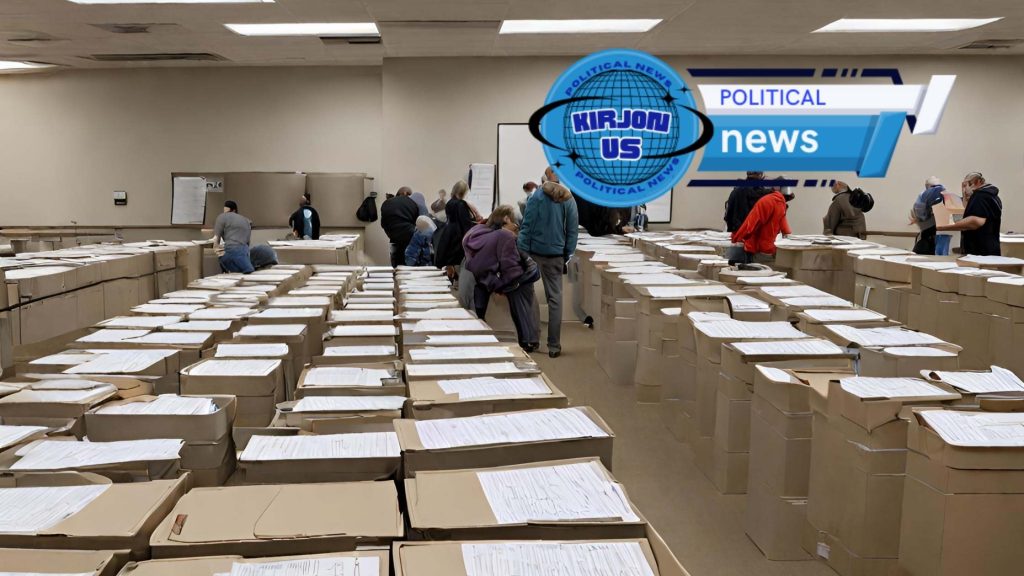
While the immediate focus may be on Colorado, the ramifications of the Supreme Court’s decision are poised to reverberate across the nation. Against the backdrop of mounting challenges to Trump’s eligibility in various states, the need for a definitive resolution assumes paramount importance, underscoring the imperative for judicial clarity on a matter of national import.
Navigating Legal Terrain: Parsing Constitutional Provisions
At the heart of the legal debate lies the interpretation of Section 3 of the 14th Amendment, a provision steeped in historical context yet fraught with contemporary relevance. The divergent interpretations of this constitutional clause, coupled with the complexities of electoral law, furnish the Supreme Court with a formidable challenge as it seeks to navigate the intricacies of the case.
Interpretative Dilemmas: Legal Precedents and Constitutional Imperatives
The Colorado Supreme Court’s ruling, which affirmed Trump’s engagement in insurrection while grappling with the applicability of Section 3 to presidential candidates, epitomizes the nuanced legal landscape that the Supreme Court must navigate. Balancing competing legal doctrines and historical precedents, the justices are tasked with reconciling divergent interpretations to render a verdict that upholds both constitutional integrity and democratic principles.
Political Implications: The Intersection of Law and Electoral Dynamics
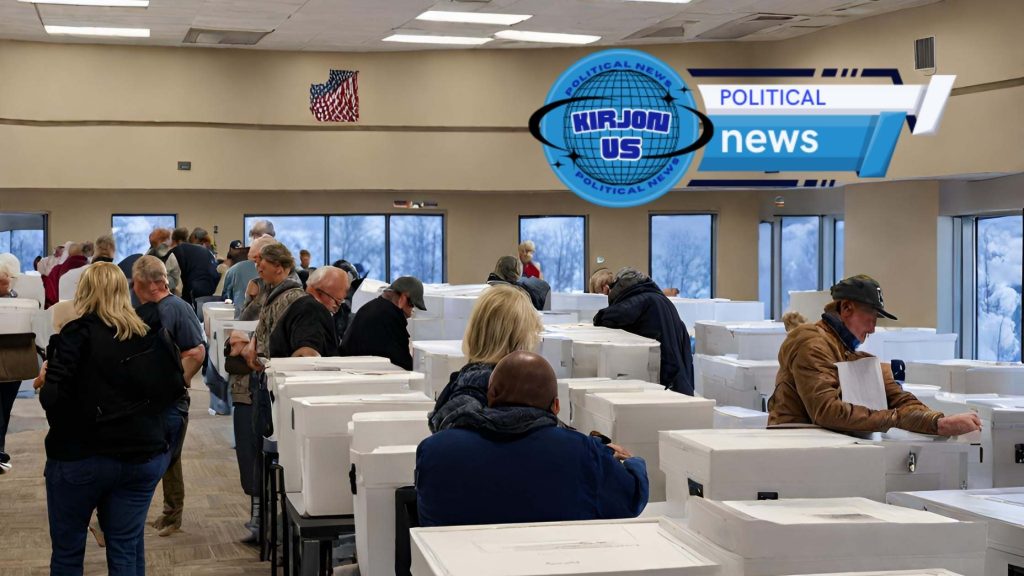
Beyond its legal ramifications, the case embodies a collision of political imperatives and legal principles, encapsulating the tension between electoral exigencies and constitutional mandates. As the judiciary assumes a central role in adjudicating electoral disputes, the case underscores the delicate balance between safeguarding democratic norms and preserving the sanctity of the electoral process.
Looking Ahead: Anticipating the Verdict
As the nation awaits the Supreme Court’s verdict, the specter of uncertainty looms large, casting a shadow over the electoral landscape. Yet, amidst the legal intricacies and political tumult, one certainty remains—the Supreme Court’s decision will shape not only the fate of Trump’s candidacy but also the contours of American democracy for years to come.
Faqs
As the legal saga surrounding former President Donald J. Trump’s eligibility for the Colorado ballot unfolds, numerous questions arise regarding the intricacies of the case and its broader implications. Here, we address some of the most pressing FAQs:
1. What prompted the Colorado Supreme Court’s decision to bar Trump from the state’s Republican primary ballot?
The Colorado Supreme Court ruled that Trump could not appear on the state’s Republican primary ballot due to his alleged engagement in insurrection, particularly in his efforts to subvert the 2020 presidential election. This decision stemmed from a lower court ruling that concluded Trump had violated Section 3 of the 14th Amendment, which prohibits individuals who have engaged in insurrection from holding public office.
2. What is the significance of the Supreme Court’s decision to hear the case?
The Supreme Court’s decision to hear the case signifies its recognition of the case’s importance and its willingness to address critical questions surrounding Trump’s eligibility for public office. The Court’s ruling could have far-reaching implications not only for Trump’s candidacy in Colorado but potentially for his candidacy in the broader context of the 2024 presidential election.
3. What legal principles are at the heart of the dispute?
Central to the dispute is the interpretation of Section 3 of the 14th Amendment, which bars individuals who have engaged in insurrection from holding public office. The case raises questions about the application of this constitutional provision to presidential candidates and the extent to which it can be enforced by state courts.
4. How does this case compare to past Supreme Court interventions in electoral disputes?
The case draws comparisons to historical precedents, such as the 2000 Bush v. Gore ruling, which directly impacted the outcome of a presidential election. Like these past interventions, the Supreme Court’s decision in this case is likely to shape the trajectory of the electoral process and influence public perceptions of the judiciary’s role in safeguarding democratic norms.
5. What are the potential outcomes of the Supreme Court’s ruling?
The Supreme Court could uphold the Colorado Supreme Court’s decision to bar Trump from the state’s Republican primary ballot, affirming the applicability of Section 3 of the 14th Amendment to presidential candidates. Alternatively, the Court could overturn the decision, thereby allowing Trump to appear on the ballot. The ruling could also establish important precedents regarding the interpretation and enforcement of constitutional provisions related to electoral eligibility.
6. How might the Supreme Court’s decision impact the broader political landscape?
The Supreme Court’s ruling could have significant ramifications for the 2024 presidential election and future electoral contests. Depending on the outcome, the decision could influence public perceptions of Trump’s political viability, shape the strategies of political parties and candidates, and set important precedents for the adjudication of electoral disputes in the future.
7. When can we expect a decision from the Supreme Court?
While the precise timeline for the Supreme Court’s decision remains uncertain, the case is scheduled to be argued on February 8. Given the urgency of the matter, the Court is likely to render a decision expeditiously, potentially before the March 5 deadline for many states, including Colorado, to hold primaries. However, the Court’s deliberations could extend beyond this deadline, depending on the complexity of the legal issues involved.

